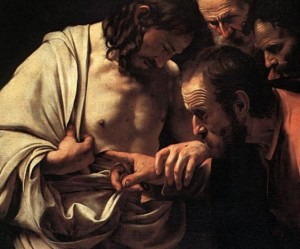I’ve been reading, from time to time, a diary that Henri Nouwen kept while he spent several months living in a monastery in upstate New York. The book is titled “The Genesee Diary” and it is not unlike other journals and diaries that Henri published or that were published after his passing on to glory. Like many of us, our deepest questions are sometimes answered in the most common of readings and experiences. It seems that the Holy Spirit enlightens our hearts and minds when we are not expecting it. That is, if we have trained our hearts to listen or are open to hearing.
So, this was on an ordinary Tuesday that the Spirit spoke to Henri as he had been reflecting on the writings of the desert fathers from the 4th Century and, no doubt, examining his temporary life in a monastic order. His insight or “revelation received” gave me an answer to a larger practical, yet theological question this morning. Perhaps it will provide some guidance to you as well.
“In the writings of the desert fathers there is much emphasis on renunciation and detachment. we have to renounce the world, detach ourselves from our possessions, family, friends, own will, and any form of self-content so that all our thoughts and feelings may become free for the Lord. I find this very hard to realize. I keep thinking about distracting things and wonder if I ever will be “empty for God.” Yesterday and today the idea occurred to me that instead of excluding I could include all my thoughts, ideas, plans, projects, worries, and concerns and make them into prayer. Instead of directing my attention only to God, I might direct my attention to all my attachments and lead them into the all-embracing arms of God. When this idea grew in me, I experienced a new freedom and felt a great open space where I could invite all those I love and pray that God touch them with his love.”
Praying for you today that God would touch you with his love.

